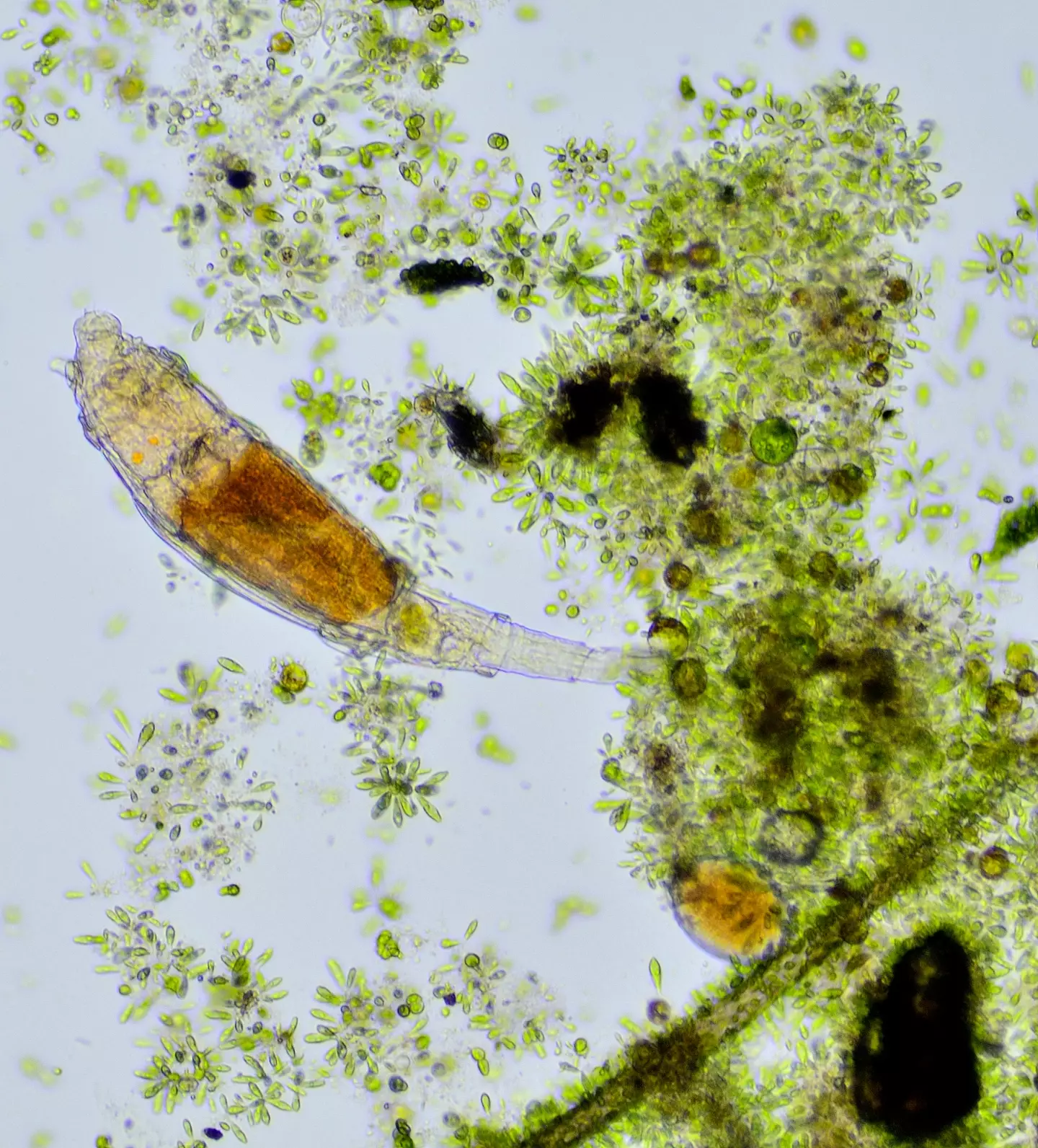
If you're concerned about your lack of sex life, spare a thought for a species that hasn't got busy between the sheets for 80 million years.
While Elon Musk continues to push the agenda that the modus operandi of us is to continue the human race through reproduction, it's not that easy for one microscopic relative of the flatworm to further its kind.
There are plenty of lifeforms that reproduce asexually, with some species of starfish, jellyfish, and even Komodo Dragons able to reproduce asexually.
This is nothing compared to the bdelloid rotifer, which has been practising celibacy for some 80 million years.
Advert
All 450 species of this class of rotifer are female, with no males ever being found on record.
Bdelloids tend to find their homes in puddles and sewage treatment tanks, but while living in these tough conditions, they take DNA from other species and go without genetic reshuffling as a method to secure their long-term survival.
Most organisms that reproduce this way hit an evolutionary dead end, with species lacking in genetic diversity tending to fall foul of parasites and environmental changes, but according to Discover Wildlife, bdelloiids have been thriving for eons.

The outlet explains how they were brought back to life in 2021 after lying dormant in Siberian permafrost for over 24,000 years. As soon as they were thawed, the tardigrades started reproducing again.
It's said that the DNA systems of the bdelloid rotifer could be the best in the microscopic world, helping them outlast the typical shelf life of an asexual species that tends to last 100,000 generations.
Described as 'evolutionary scoundrels', bdelloids survive on a diet of dead bacteria, algae, and protozoans scraped from their inhospitable environments and leading scientists to speculate that this helps their ‘horizontal gene transfer’.
With up to 10% of their active genes being stolen from other species, they're dubbed "a Frankenstein collage of foreign DNA from more than 500 other species."
Even though it's unclear whether this is forged from ingestion, there's a strong argument that this has helped them resist the likes of drought and radiation.
Essentially, the water sources that bdelloid rotifers tend to hang out in will dry up, leaving their mummified bodies in a state of stasis. While dehydration will have the same damaging effect as radiation on their DNA, these snatched genetics help them repair themselves. By shattering and reconstructing their genome, it gives them the same evolutionary benefits as sex...but without the hassle.
While sex previously had the trademark on genome shuffling, bdelloid rotifers have come along to contest that claim. Keep slaying, girls, you've got it in the bag.